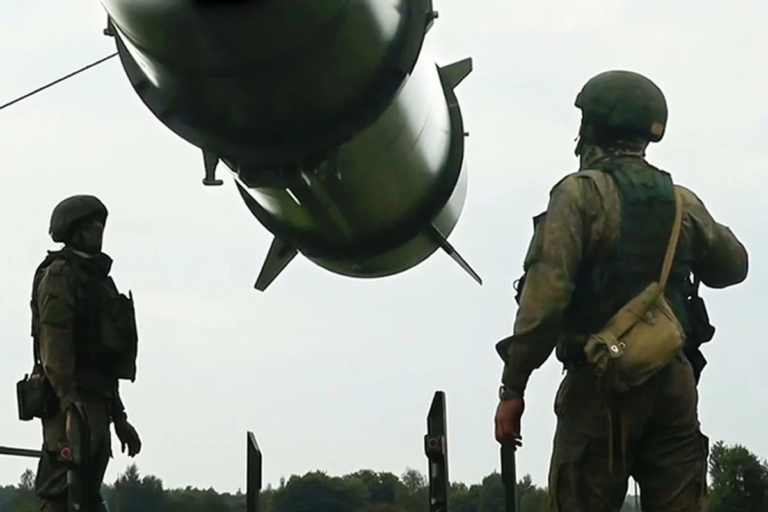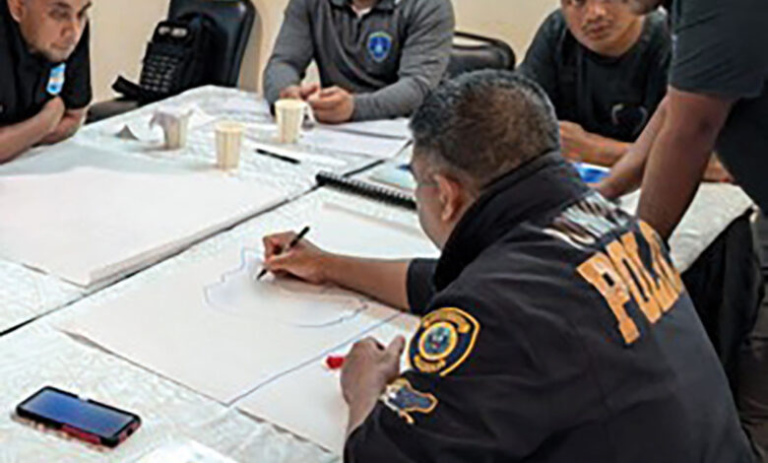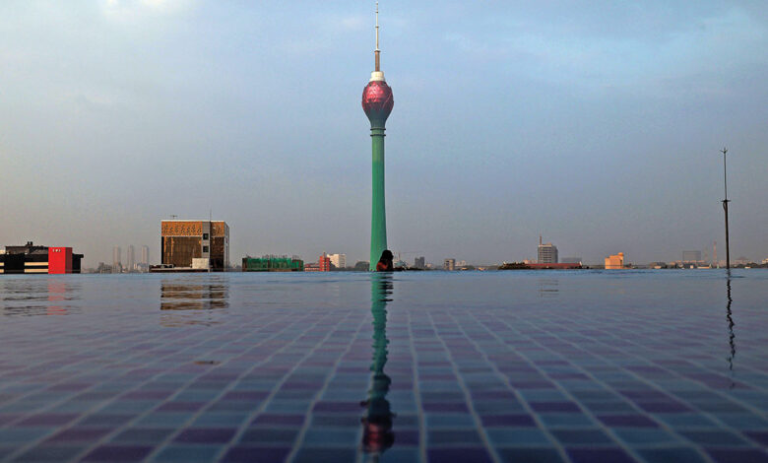
The Russian advance on Ukraine continues despite ongoing US-led ceasefire negotiations. DW spoke with Ukrainian soldiers on the front about their expectations.
As soon as it gets dark outside, the first wounded soldiers arrive, their faces and hands black with dirt. They arrive from a section of the front near Pokrovsk in eastern Ukraine, one of Ukraine’s main defensive strongholds and a key logistics hub in the Donetsk region.
They have come to seek help at a stabilization point, one of dozens of centers that have been set up along the front to provide soldiers with medical care.
Here too, politics is a big topic of debate. Referring to the ceasefire negotiations that began in Saudi Arabia on March 11, a military doctor named Ivan says they have had “no impact on the war” between Russia and Ukraine. He says he would be glad if “it all ended quickly.”
A seriously injured soldier lies on the operating table. Both his legs were fractured when the armored carrier he was travelling in hit a landmine. His four other comrades escaped with a concussion. It took two hours for them to be evacuated.
Ivan dresses the semi-conscious man’s wounds, while the paramedics encourage him to wipe the dirt from his face. “We saved his leg,” says one of them with relief.
The next morning, the doctors doze after a difficult night. The stabilization point is quiet, and it is unlikely that any more injured people will be brought in now.
‘It’s hard to get away from the front’
Elsewhere, some infantrymen from a Jaeger Brigade gather in the courtyard of a private house. At dawn, they are supposed to go to their positions and relieve their comrades. But they are told they can stay while they await their orders.
So, they go back to their rooms to get some more sleep. A commander named Roman, who once had to wait 21 days in his position before being relieved, says that this is frequent because of a shortage of personnel. “It’s hard to get away from the front,” he explains.
He says he first found out about the ceasefire talks after a deployment. “When you’re sitting there, you’re constantly waiting for someone to say over the radio: ‘Guys, ceasefire!'” he recounts, adding that his impression is that fighting has intensified, not let up, in recent weeks.
Roman explains that his brigade is keeping up the defense near Pokrovsk, a city that is just 70 kilometers (about 43 miles) away from Russian-occupied Donetsk. “We’re not moving, but that’s difficult enough,” he says, adding that he did not believe there would be a ceasefire any time soon. “I can’t even imagine it.”
Another commander, whose nickname is Milka, remarks that he does not expect much from the negotiations. “I will only believe one thing: If my boys come back from their positions and say: ‘They didn’t shoot, it was quiet.'”
Roman Horodetskyi, an officer who heads the department for psychological support for soldiers, tells DW that the start of the negotiations initially caused some doubt but that it also had a positive effect on the soldiers’ motivation. “They realize that everything depends on them,” he says. In his view, only a return to Ukraine’s 1991 borders, after it declared independence from the Soviet Union, would be a fair end to the war. “All war criminals must be held accountable.”






